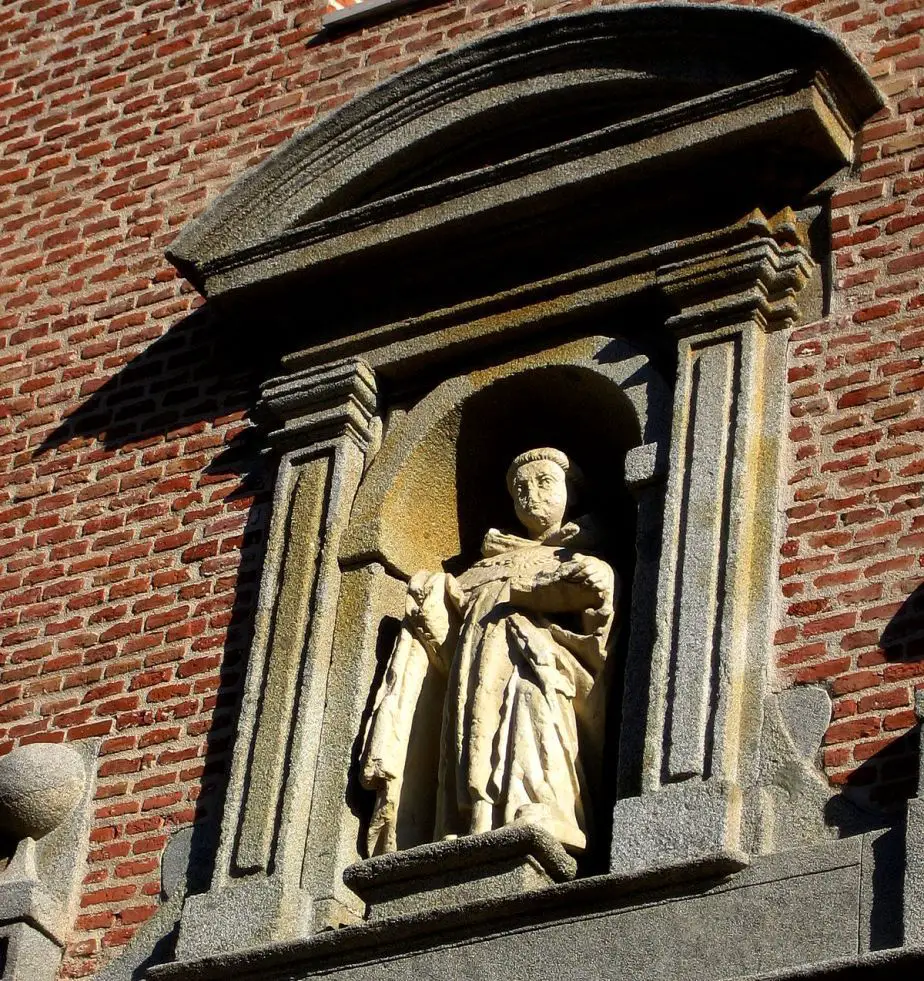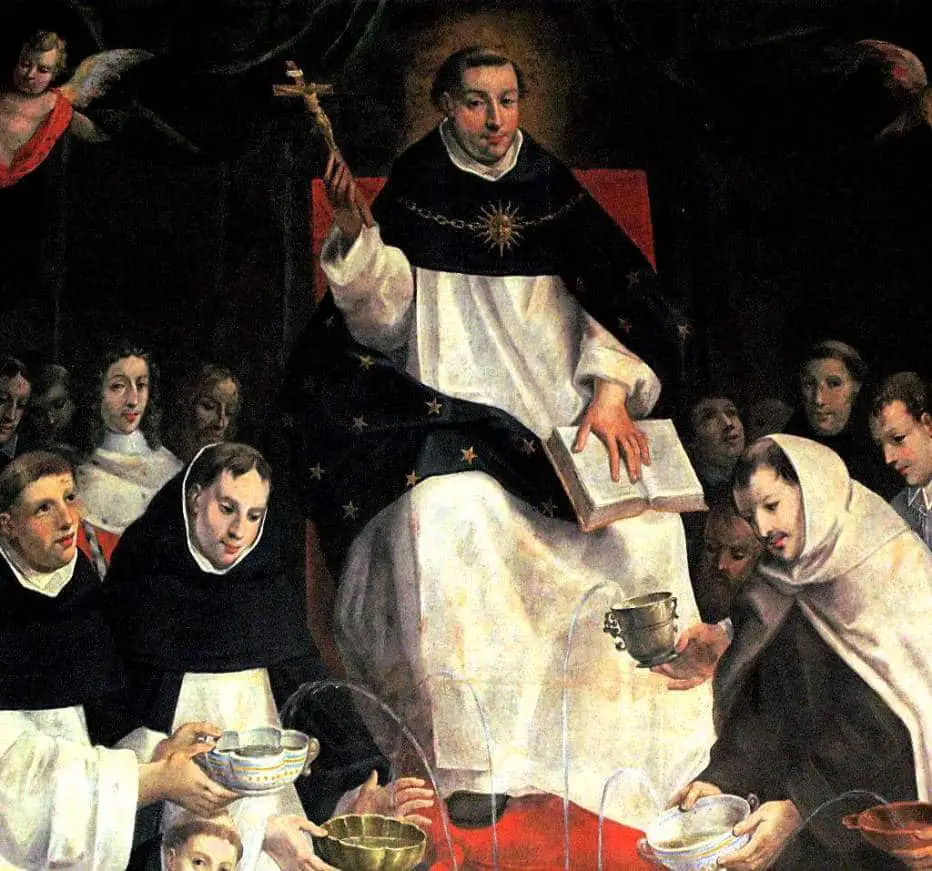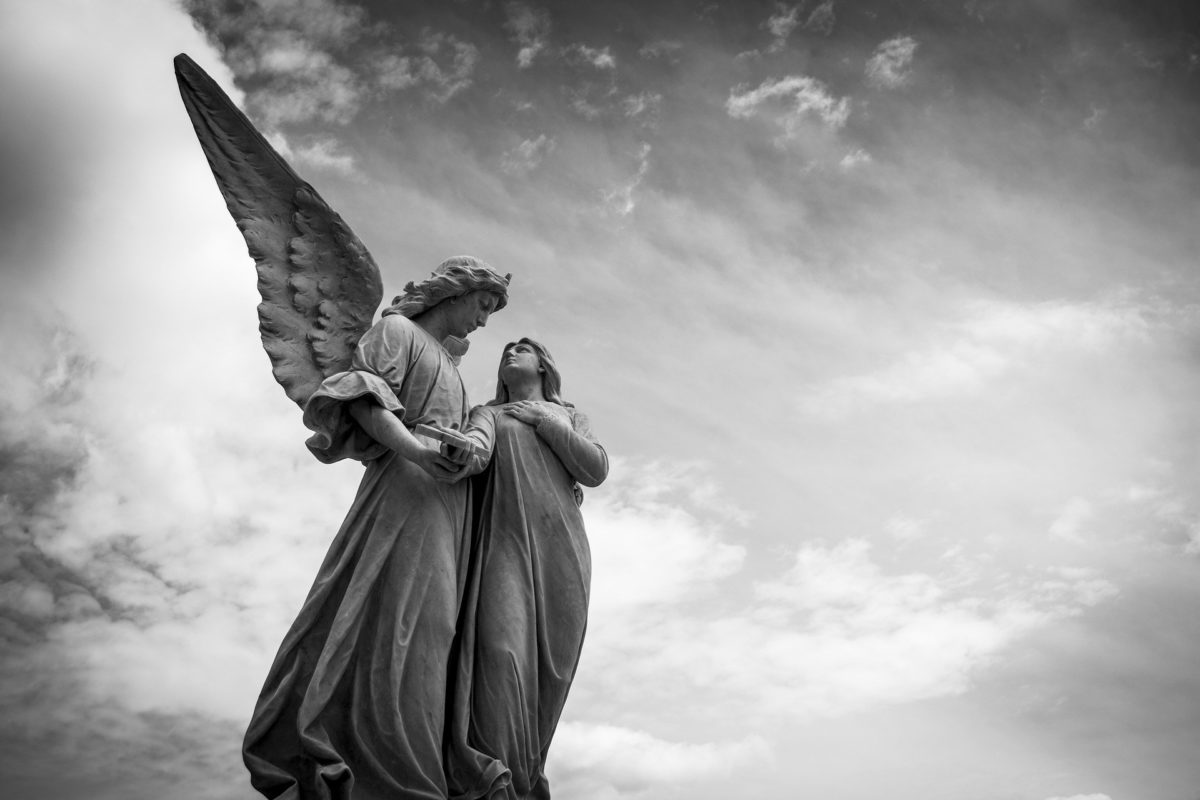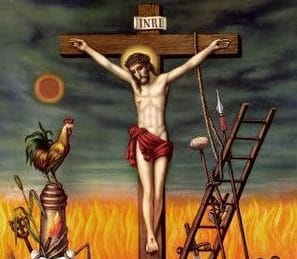Find out about the contributions of St Thomas Aquinas to philosophy, psychology, education, economics and administration, which influenced his time and are still relevant today because of his Christian approach to these concepts from the moral philosophy of the Catholic Church.

The contributions of St Thomas Aquinas to philosophy
The contributions of St Thomas Aquinas to philosophy are found in his two greatest intellectual works, the Summa Theologica and the Summa contra Gentiles, in which he shows the points of agreement between Christian doctrine and the logic of reason, and the philosophical arguments of ancient Greek thinkers such as Socrates, Plato and Aristotle, from whom he draws his logical philosophical treatises to demonstrate to non-believers the full existence of God (see: Works of St Thomas Aquinas).

St Thomas Aquinas’ contributions to philosophy and theology make him one of the most outstanding philosophers of medieval scholasticism. In his hundreds of intellectual works, he exalts the philosophical thought of the Catholic Church, based on the logic of Aristotle and the theology of St. Augustine; his book Summa de la Teologia is an obligatory consultation for those who advocate the study of theology and philosophy of Christianity.
Contributions of St Thomas Aquinas to Psychology
In dealing with questions of human nature, such as free will, which have an impact on human behaviour, the contributions of St Thomas Aquinas are fully valid; his philosophical principles of anthropology are of the utmost importance in Christian psychology, since through them we can understand the sensitive actions of the will of the soul, giving us a clear understanding of the condition of the human being.
Contributions of St Thomas Aquinas to Administration
In economics, the contributions of St Thomas Aquinas to administration coincide with the ideas of the Greek thinker Plato on common property, because this concept is consistent with the system of property practised by the apostles for the common good. He argued that prices should respect the ethical values of justice and fairness as the main components of commercial exchange.
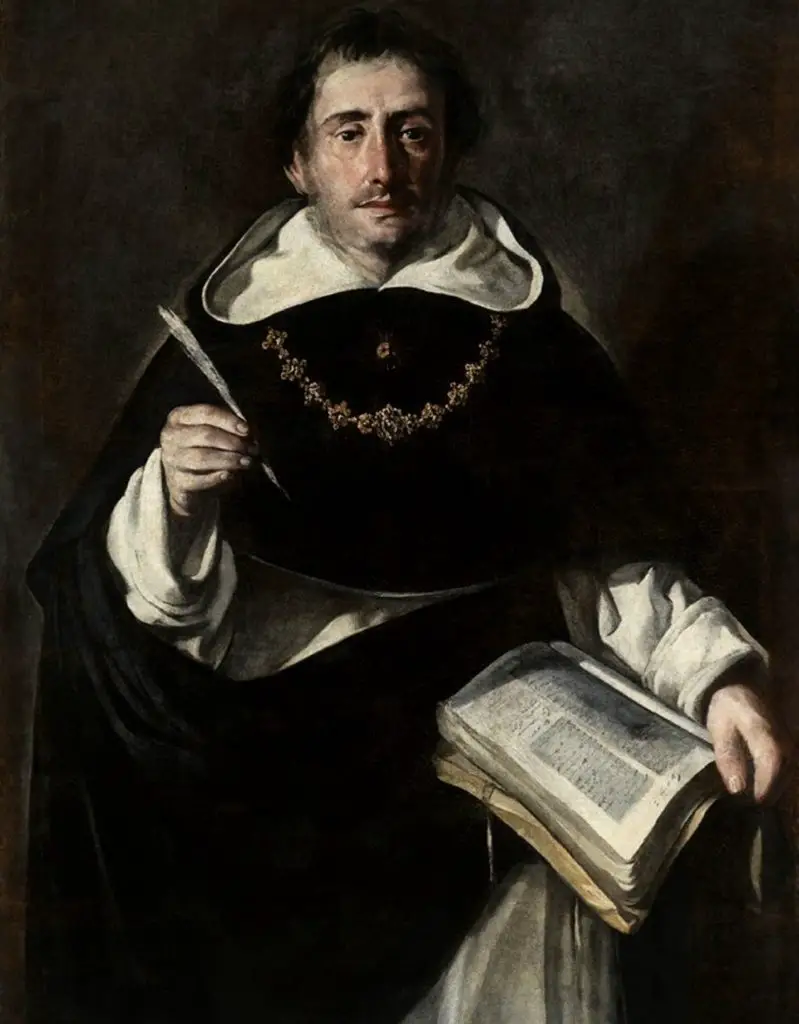
The contributions of St Thomas Aquinas to administration have to do with the sense of charity, he believed that the prices of goods should be fair, in accordance with the common good, and should cover the cost of producing them, his conception of prices was in accordance with the economic system of his feudal era, where the elite of the fiefdoms did not tolerate the social advancement of their subjects through commercial utility.
The contributions of St Thomas Aquinas to education
St Thomas Aquinas was educated from the age of 5 with a view to becoming abbot of the monastery of Montecassino, founded in the 6th century by St Benedict of Nursia, but he became a monk of the Dominican Order and pursued his intellectual career in the fields of theology and philosophy, areas in which he became a master and produced works of great relevance and great contributions to the education of St Thomas Aquinas.
St Thomas Aquinas advocated that education should be a capital aspect in the formation of the human person, so that he may acquire full knowledge of the nature of his being and of his communion with God. The contributions of St Thomas Aquinas to education consist in the inclusion in education of aspects of natural, moral and rational philosophy and of the productive arts, and in the pursuit of perfection through the practice of the virtues of Christian doctrine.
Contributions of St Thomas Aquinas to Economics
Aquinas’s contributions to economics are approached from the perspective of Christian morality and ethics, and are addressed in many of his writings, but especially in his Summa Theologica. Aquinas questions the charging of interest on loans, excessive profit, and shows his preference for common property over private property for the common good of society.

In St Thomas Aquinas’ contributions to economics, his thinking was linked to the questioning of private property by other Christian philosophers such as St Ambrose and St Augustine, and like them he preached that material wealth should not take precedence over the spiritual value of Christian principles, that the love of God should take precedence over the accumulation of personal possessions (See: St Augustine and his philosophy).



